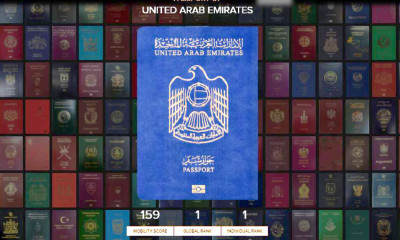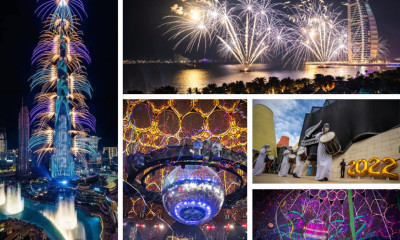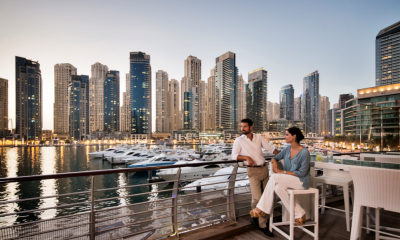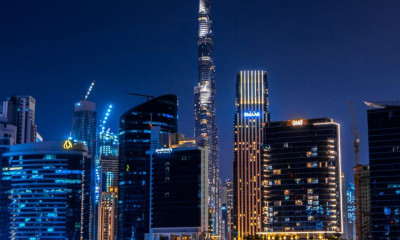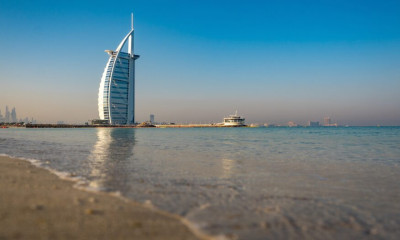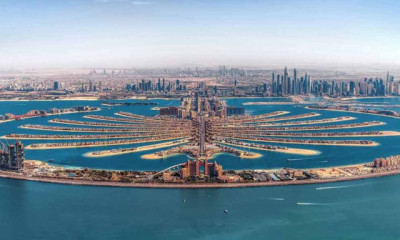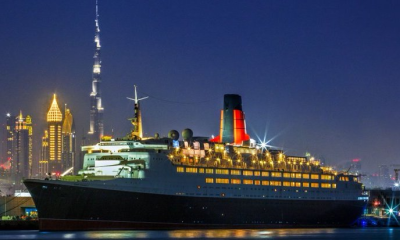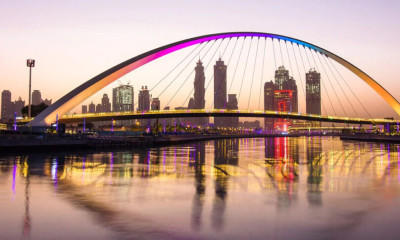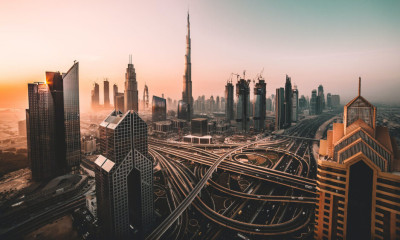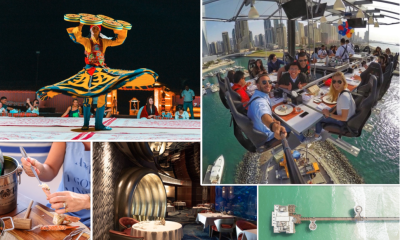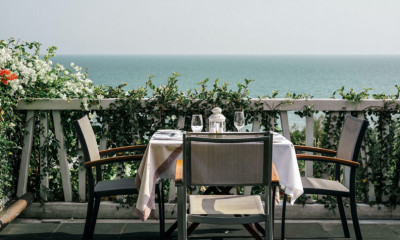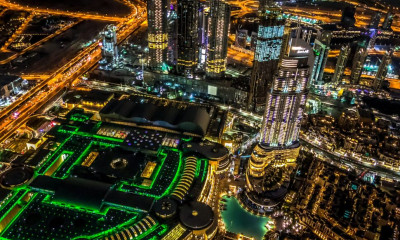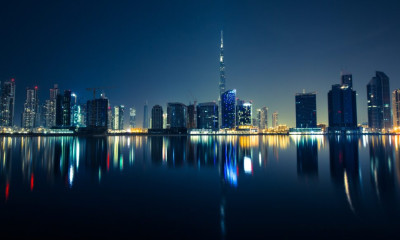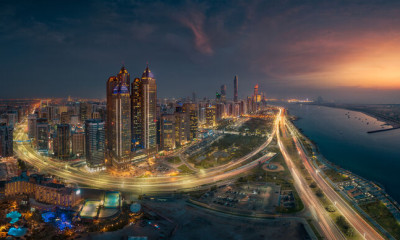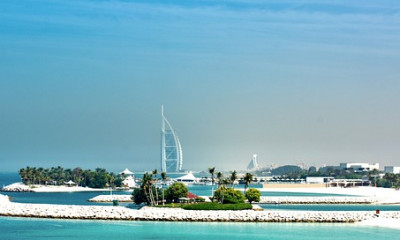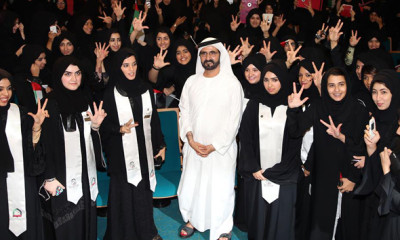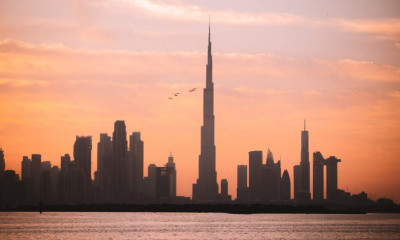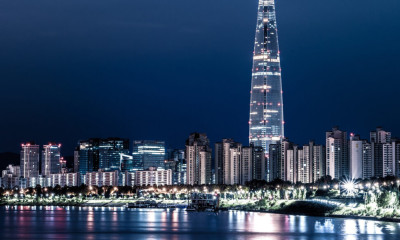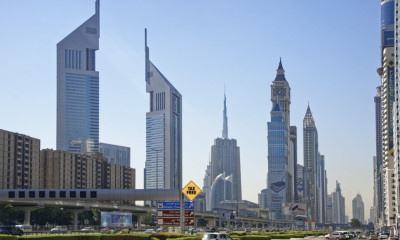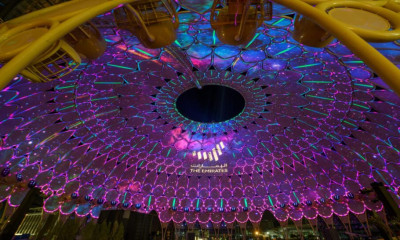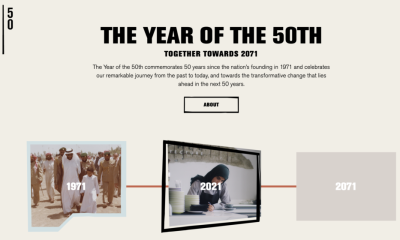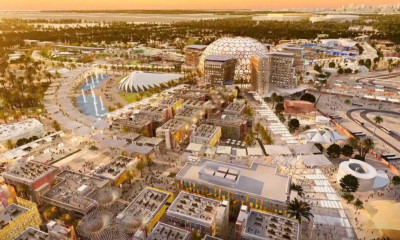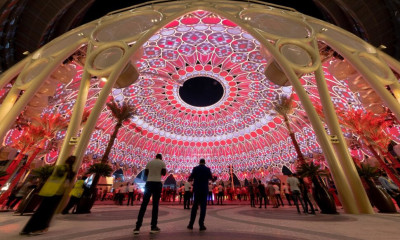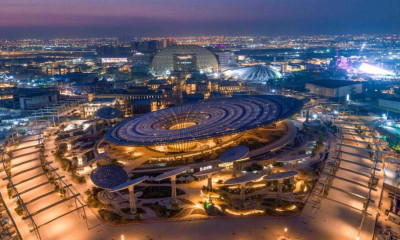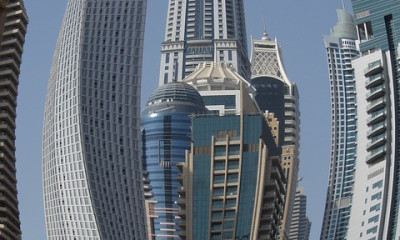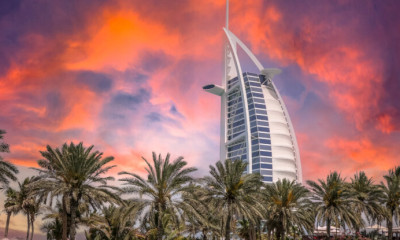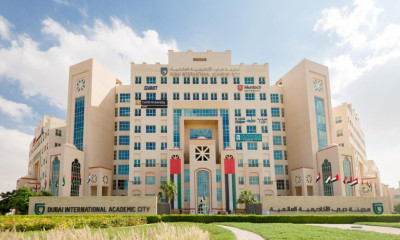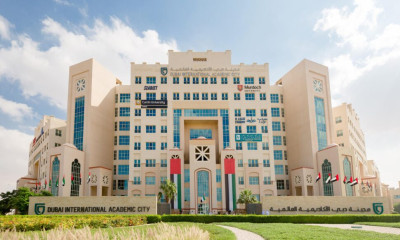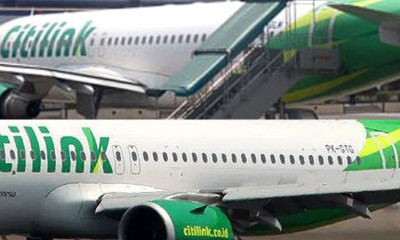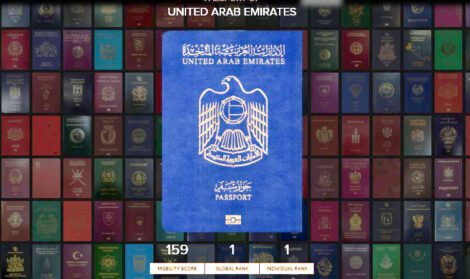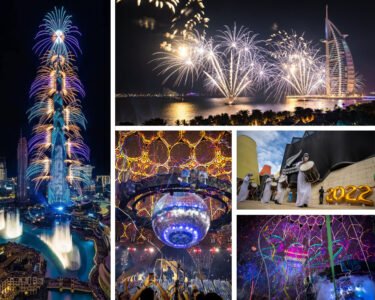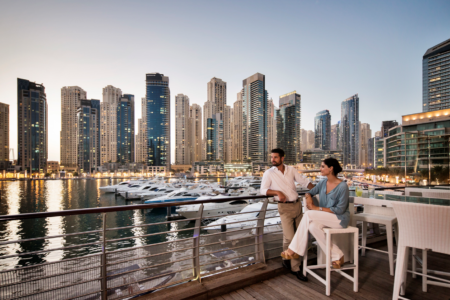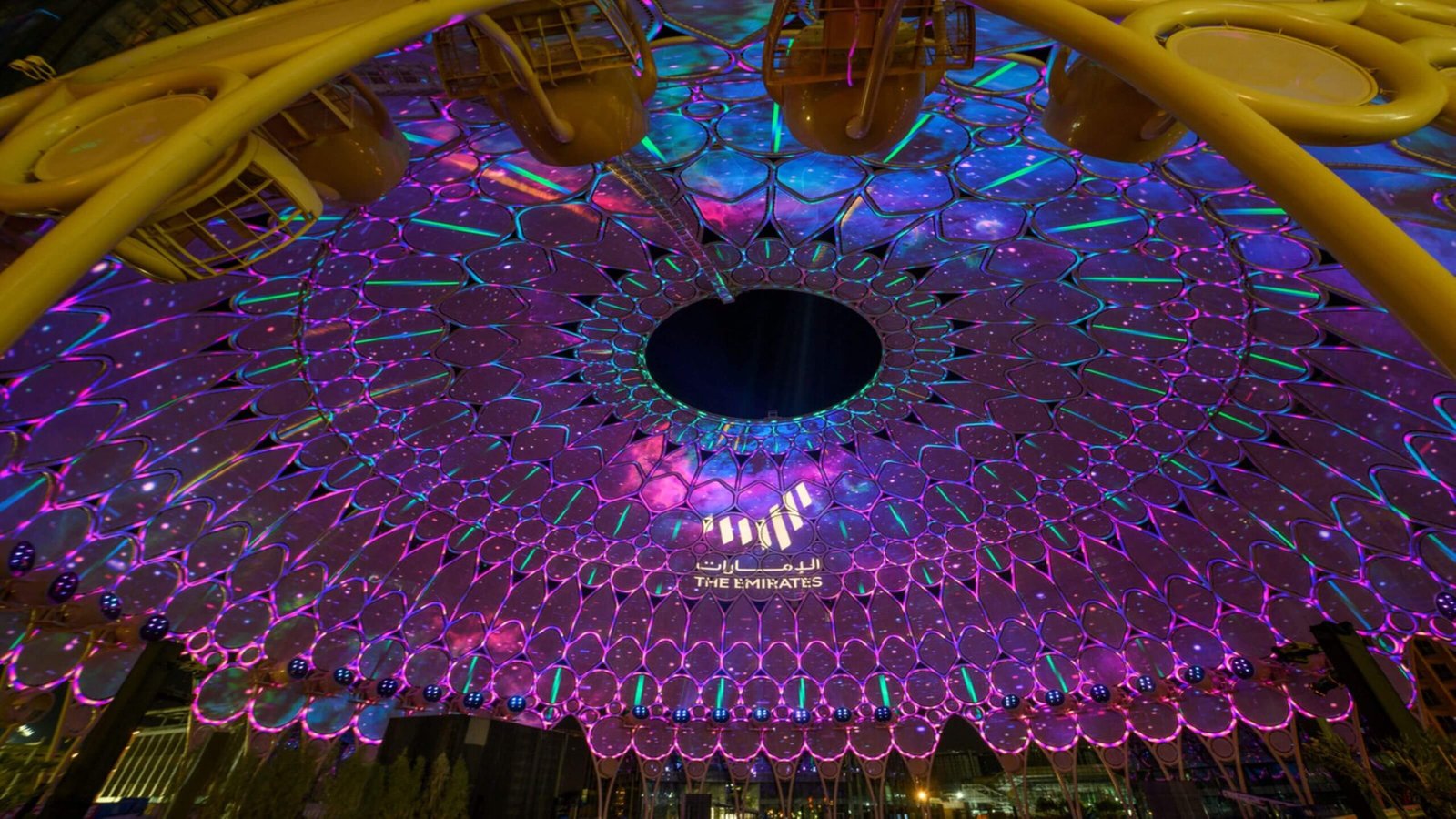
Be it a social-economic crisis, political upheavals or a public health emergency anywhere, critics go into overtime to write Dubai’s epitaph. A record 15.79 million overnight visitors came to Dubai in 2018. The following year it drew 16.73 million visitors, making it the world’s fourth most-visited tourist destination as per the MasterCard Global Destination Cities Index.
In 2020, when it was due to host the MENASA region’s first-ever World Expo in October, participation of over 190 countries and attracting over 20 million visitors over its six-month run, the coronavirus pandemic began drastically changing the contours of travel and tourism industry.
The Covid-19 pandemic continues its impact even as several countries, including the UAE, firmed up their vaccination programmes, tightened social restrictions and provided relief measures to businesses. Given restrictions on travel movements in several countries and its experience of handling tourist traffic in 2020, Dubai fixed a reasonable target of over 5.5 million overseas tourists for 2021.
Several initiatives have been taken to open up the city for visitors several weeks ahead of it hosting the rescheduled Expo 2020 Dubai. With the confidence of businesses, especially of the multi-billion dirham tourism industry in Dubai remaining unfaltering, the emirate began its journey to get back to where it stood before the 21st century’s second pandemic began.
Several initiatives have been taken to open up the city for visitors several weeks ahead of it hosting the rescheduled Expo 2020 Dubai
A survey by a global consulting firm says both leisure and business travel are set to continue on their recovery paths throughout the remainder of 2021, with the UAE, the Arab world’s second-biggest and most-diversified economy, in particular benefiting from Expo Dubai 2020 and other major events that follow.
Oliver Wyman, the New York-based international management consulting firm says a survey it did has shown more than 75 per cent of people expect to travel the same, or more, for leisure after the pandemic. The 37-year-old company says travel demand is set to bounce back, with almost 70 per cent of global consumers planning to travel domestically in the next six months, though only 10 per cent have so far booked their trips.
More than three-quarters of people expect to travel the same or more for leisure post the pandemic. The study is based on a poll the company, with four offices in the Arabian Gulf region including Dubai, conducted with over 5,300 respondents from nine countries across Australia, Asia, Europe and the US two months ago. All respondents had flown at least once in 2019, the year when 1.47 billion went out of their country’s borders for excursion and pleasure.
In 2020, the overall international tourist arrivals reached about 399 million, the lowest figure recorded since 1989.
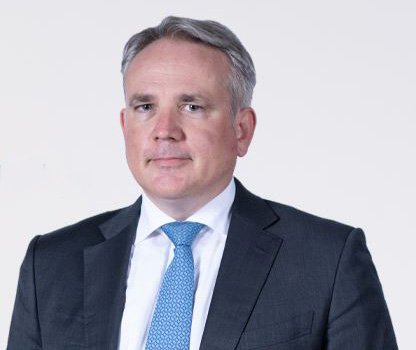
“We expect to see a continued desire for leisure travel through the end of the year and travel providers should anticipate a sustained leisure recovery with strong bookings continuing at least through the end of the year.”
Michael Wette, the Middle East and Africa region head at Oliver Wyman, which had offices in 60 cities across 29 countries, remarked: “We expect to see a continued desire for leisure travel through the end of the year and travel providers should anticipate a sustained leisure recovery with strong bookings continuing at least through the end of the year.”
Passenger traffic at Dubai International Airport (DXB), the world’s busiest for international travellers, is expected to reach at least 56 million in 2022, according to its chief executive. According to a YouGov survey, the amount of money that Middle East travellers spend on international leisure travel will begin to exceed 2019 pre-Covid-19 levels, in as little as three years.
Passenger traffic at Dubai International Airport (DXB), the world’s busiest for international travellers, is expected to reach at least 56 million in 2022
In 2019, spending on international leisure travel in the Middle East was significant, representing 47 per cent of the total overall travel spend, compared with 37 per cent spent on domestic leisure travel and 8 per cent each on international and domestic business travel.
In 2020, spending on international leisure travel was only 20 per cent of the amount spent a year earlier. However, spending will increase to 75 per cent in 2022 and 95 per cent in 2023, until 2024, when spending in this segment will exceed pre-Covid-19 levels by up to 10 per cent. In 2019, tourism contributed an impressive 11.5 per cent to Dubai’s GDP value and its tourism sector was ranked one of the ‘Top 10’ strongest economic share generators, according to the World Travel & Tourism Council’s (WTTC) Cities Report for that year. The sector, in 2017, contributed about US$41 billion to the GDP, making up 4.6 per cent of the GDP.
Dubai Tourism Vision 2025 calls for the emirate to become the most visited city in the world. The target is to attract over 23 million visitors a year by 2025.



